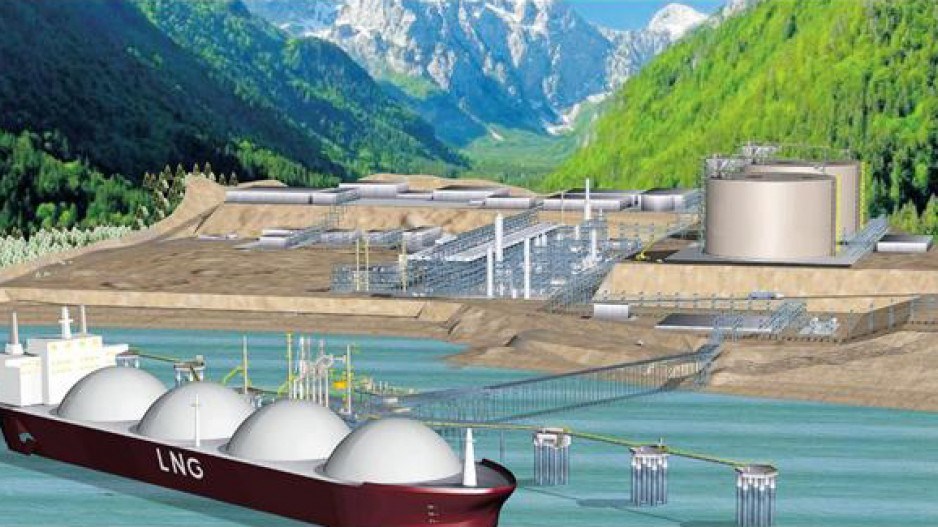Four global energy giants plan to develop what is likely to be a $12 billion liquefied natural gas (LNG) plant in Kitimat – a project that would be the largest of four LNG plants proposed for the province.
Royal Dutch Shell will take a 40% stake in the project whereas PetroChina, Mitsibushi Corp. and Korea Gas Corp. will each take 20% stakes.
The plant would be capable of generating 12 million tonnes per year – more than double that of competitor Kitimat LNG, which has an export permit and plans to build a plant that has a capacity of five million tonnes per year.
A flurry of LNG plants have been proposed for B.C. because of strong Asian demand for energy and the fact that prices for natural gas in Asia are several times higher than in North America.
Other proposals for B.C. LNG plants include:
- Kitimat LNG, which is led by Apache Corp. and including EOG Resources Inc. and Encana Corp.;
- the BC LNG Co-operative, which is comprised of the Haisla First Nation and Texas’ LNG Partners LLC; and
- Petronas-Progress Energy, which is a project spearheaded by Malaysian energy giant Petronas.
Natural gas pipeline operator Spectra Energy announced Monday that it plans to spend $6 billion on expanding its B.C. operations in addition to the $1.5 billion expansion program it had previously slated.
B.C. Premier Christy Clark told reporters last week that she is prepared to amend her government’s climate-change targets to stimulate a liquefied natural gas industry in the province.
Clark is now in Japan on a trade mission that includes meetings with potential investors in a string of proposed LNG plants on British Columbia’s north coast as well as buyers for that energy.
She hinted that any change to B.C.’s climate-change targets will not adversely impact the environment because shipping LNG to China will help wean that country off even dirtier fuels such as coal.




